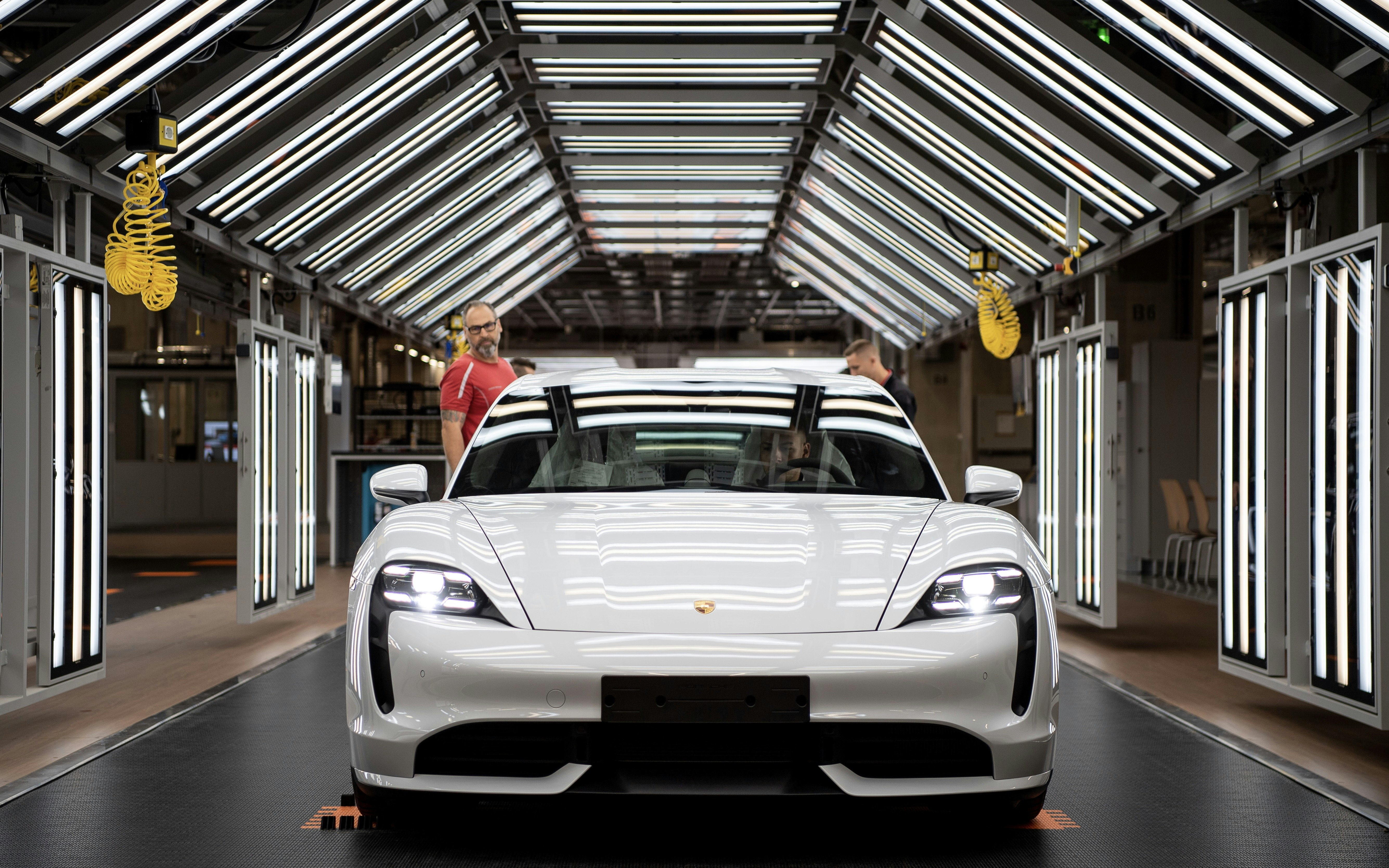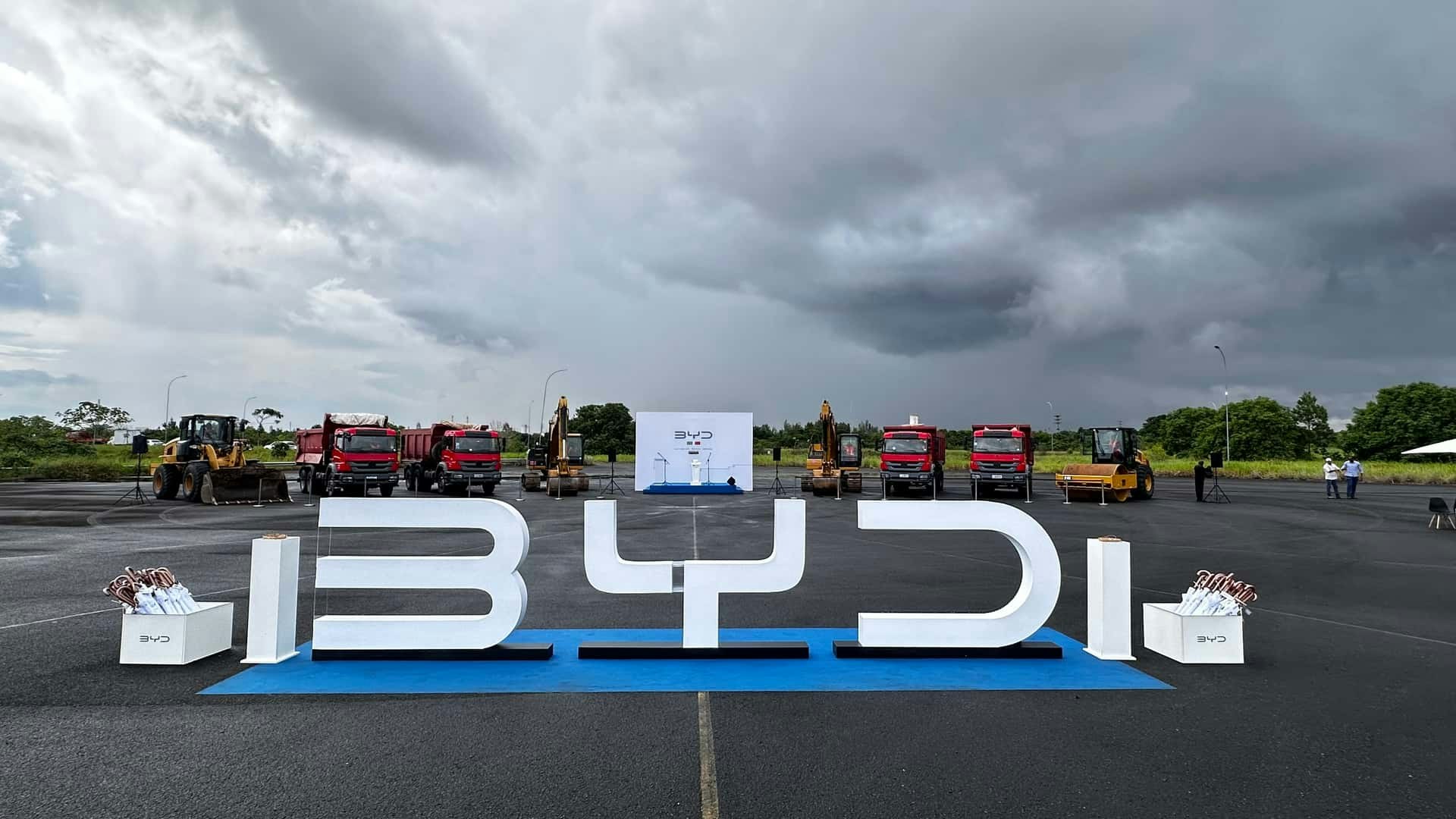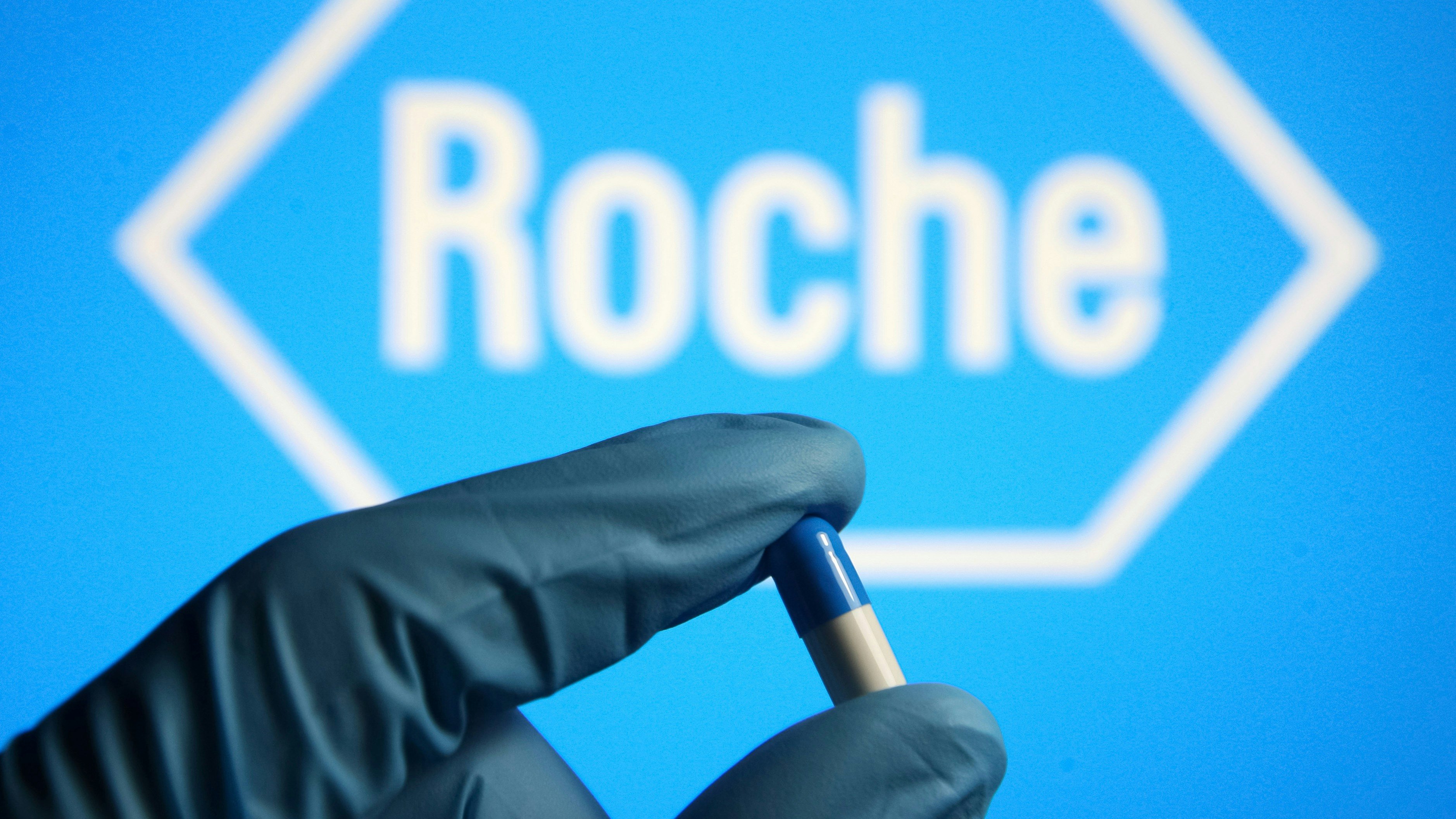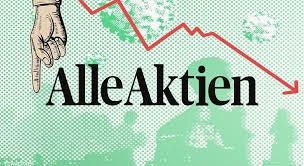Business
Blacklist Causes Turbulence in the Luxury Car Market: One Component Paralyzes the Industry
A transformer from a Chinese supplier recently banned due to connections with forced labor is delaying US imports of Porsche and other cars. What does this mean?

Doubts on China's Official Statistics Continue to Grow as Latest Developments Suggest GDP Growth Last Year Was Lower Than Beijing Claims
These doubts are compounded by a recent delay in the delivery of thousands of luxury cars to the US, which is attributed to a small but critical component manufactured by a blacklisted Chinese company.
This illustrates how the US trade policy disrupts global supply chains. The affected part, a LAN transformer, which was installed in the control systems of Volkswagen vehicles from Europe and Mexico imported to the USA, originates from the company Sichuan Jingweida Technology. This company was placed on the US Entity List by the US Department of Homeland Security in December due to alleged use of forced labor in China.
The Blacklist Entry Resulted in Volkswagen Holding Back the Import of Porsche, Audi, and Bentley Vehicles into the USA, with Delays Expected at Least Until March as Volkswagen Replaces the Part. Volkswagen Confirmed that the Problematic Part was a LAN Transformer and that the Supplier Was Placed on the Entity List in December. Volkswagen Further Stated That It Was Working to Ensure Compliance with Standards in the Supply Chain and That It Was Utilizing Existing Procedures and Looking for New Solutions to Prevent Forced Labor in the Supply Chain.
The USA has a two-year-old law that blocks the import of goods associated with Xinjiang, where millions of Uighurs of Muslim faith live and are subjected to a forced assimilation campaign by the Chinese government, which the USA has condemned as genocide.
Beijing Denies the Allegations. The Law Has Already Affected the Clothing Industry and Solar Panel Manufacturers, Whose Shipments to the USA Have Been Detained or Sent Back. This Case, Along with Recent Reports by Researchers Linking Forced Labor to Automotive Supply Chains, has Likely Concerned the Automotive Industry and Industrial Manufacturers with Connections to This Region.
China's Exports of Automotive Components Tripled to Around $79 Billion Over Ten Years Up to 2023. A Car Typically Consists of Tens of Thousands of Components, Making the Traceability of Origin Particularly Difficult. US Authorities Have Expanded the List of Entities Linked to Forced Labor Four Times, and It Now Includes More Than 30 Companies. JWD Technology, Which Produces Network and Power Transformers, RF Radio Frequency Filters, and Other Products, Was One of the Companies Recently Added.
Researchers from the Australian Strategic Policy Institute and Sheffield Hallam University, as well as Human Rights Watch, have published separate reports warning that companies need to increase scrutiny to ensure that components are free from links to forced labor in Xinjiang. These studies have led to supply chain audits among car manufacturers, however, the companies have found that tracing the origin is not easy.
Suppliers might hesitate to disclose information about where they source their subcomponents or materials, for fear of losing their commercial advantage. And for Chinese suppliers, it could be politically sensitive to reveal information in the context of forced labor in Xinjiang, as the Chinese government denies that such a problem exists.






